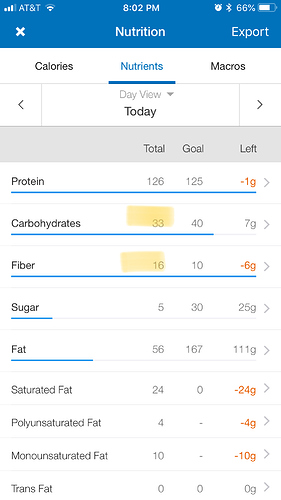I used maybe a half dozen pee sticks when I first started eating keto, mostly out of curiosity. Have never checked anything since. Keto breath was pretty strong in the beginning, too, which was a pretty good indicator. The keto breath has faded except maybe when I have an extra hard bit of exercise of one kind or another, then I get a little bit of it again.
Honestly, it’s just not something I care all that much about. I’m looking at things like my energy levels (improving), mental clarity (slowly improving), body shape (slowly getting comments about “getting skinny”), and scale numbers (slowly inching downward without much of a push at all, just eating “normally” most of the time). With all of that, like LaCheffre, it’s just not worth my time to care whether my ketone levels are on the lower side of things or the higher side of things. I suspect they move around anyway, kinda like cholesterol numbers…



 There’s no “21 days to a leaner, healthier you” sales pitch / program. It primarily explains why the over simplified calorie model doesn’t work and how hormones, particularly insulin, play such a large roll in obesity. Anyone who has hung around here, or watched a few hours of Dr. Fung on YouTube, probably knows a majority of the key points in the book. One of my favorite things about Dr. Fung is that he’s not clutching this information tightly trying to sell a book. (Although I’m sure he’d like to see it do well, as would I.) He’s put this information out freely. The book consolidates this information into one stellar resource that is definitely worth a read.
There’s no “21 days to a leaner, healthier you” sales pitch / program. It primarily explains why the over simplified calorie model doesn’t work and how hormones, particularly insulin, play such a large roll in obesity. Anyone who has hung around here, or watched a few hours of Dr. Fung on YouTube, probably knows a majority of the key points in the book. One of my favorite things about Dr. Fung is that he’s not clutching this information tightly trying to sell a book. (Although I’m sure he’d like to see it do well, as would I.) He’s put this information out freely. The book consolidates this information into one stellar resource that is definitely worth a read. 
